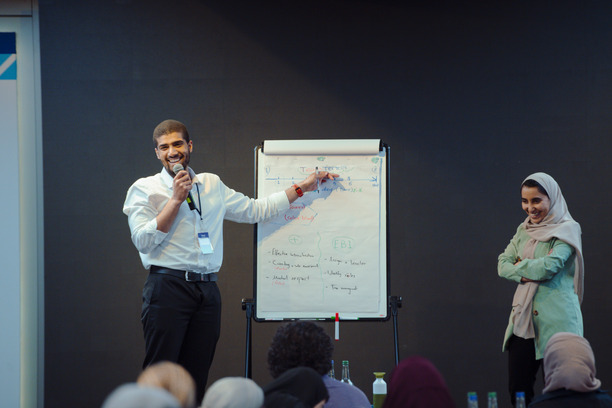
The Power of Habits in Goal Achievement
Habits play a crucial role in helping individuals reach their desired goals by shaping lifestyle patterns and reinforcing consistent effort. When behaviors become habitual, tasks are completed more efficiently and with greater ease. By developing the right habits, individuals can stay committed to their objectives in a structured and sustainable way.
To achieve goals effectively, it is essential to establish sustainable habits that align with long-term ambitions. This requires patience, persistence, and consistency in applying habits that eliminate distractions and maintain focus on key priorities.
The Benefits of Habits in Achieving Goals
One of the primary advantages of incorporating habits into daily life is saving time and energy. Without habits, individuals often waste effort on minor tasks, leading to distractions that hinder progress.
Additionally, habits that require discipline and balance boost self-confidence. Stability and routine make goals more attainable, motivating individuals to exert greater effort and maintain strong focus on their aspirations.
How Are Habits Formed?
Habits develop through four key stages, forming a cycle that reinforces repetitive behaviors—whether positive or negative:
Changing habits can be difficult for two main reasons:
There are three layers of behavioral change:
The ultimate form of motivation occurs when a habit becomes an integral part of one’s identity.
How to Successfully Change Your Habits
Transforming habits follows two simple steps:
Conclusion
Your identity is shaped by your habits. Every action is a vote for the person you aspire to become. Becoming the best version of yourself requires adjusting beliefs, refining your mindset, and elevating your identity over time.
Habits serve as the key to solving life’s challenges with minimal effort and energy. They define our thought patterns, guide our behaviors, and enable us to achieve goals with greater ease. Over time, good habits become second nature, allowing us to progress efficiently while exerting less effort.
Start building better habits today, and pave the way for a more successful and goal-driven future.